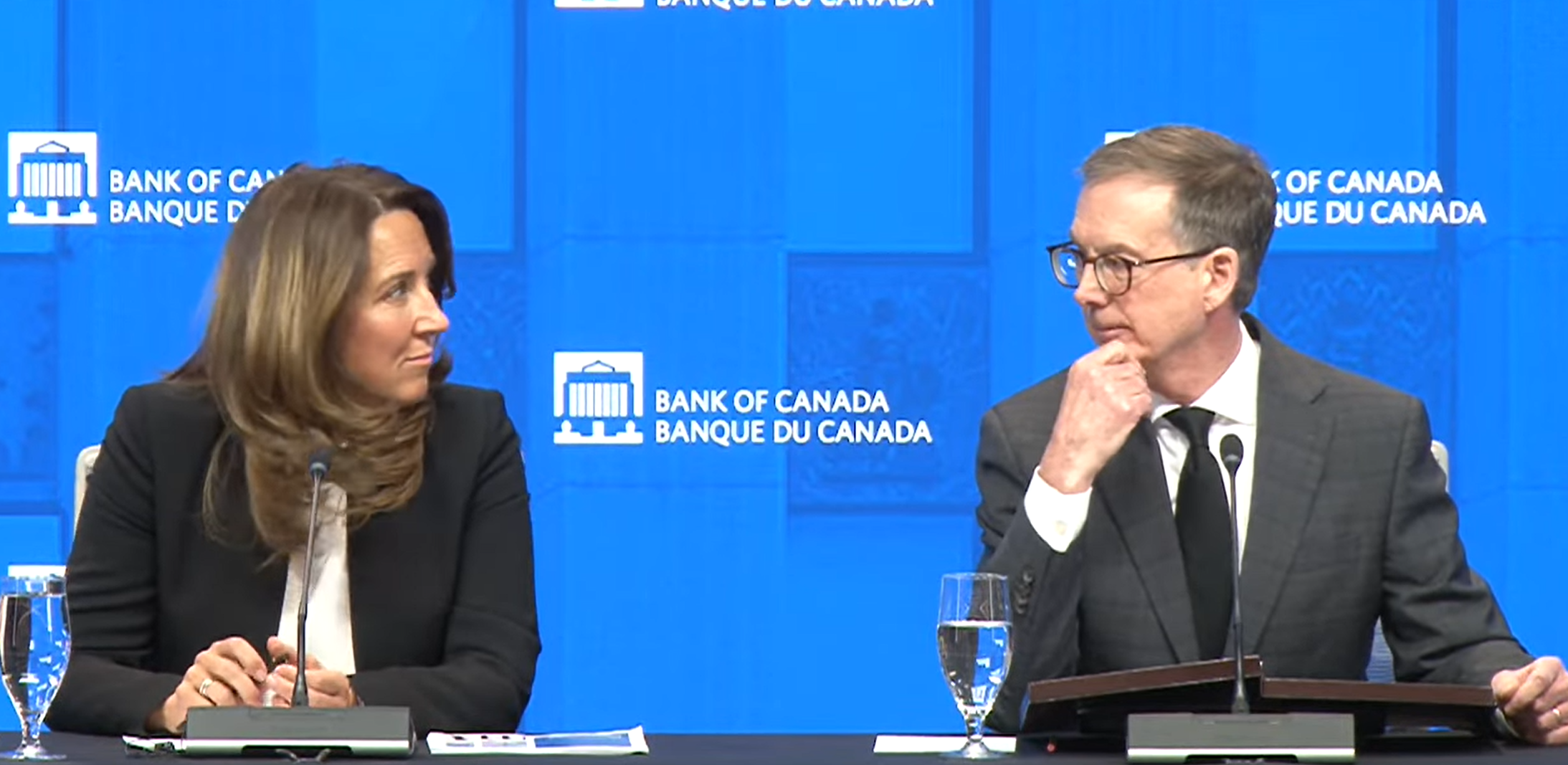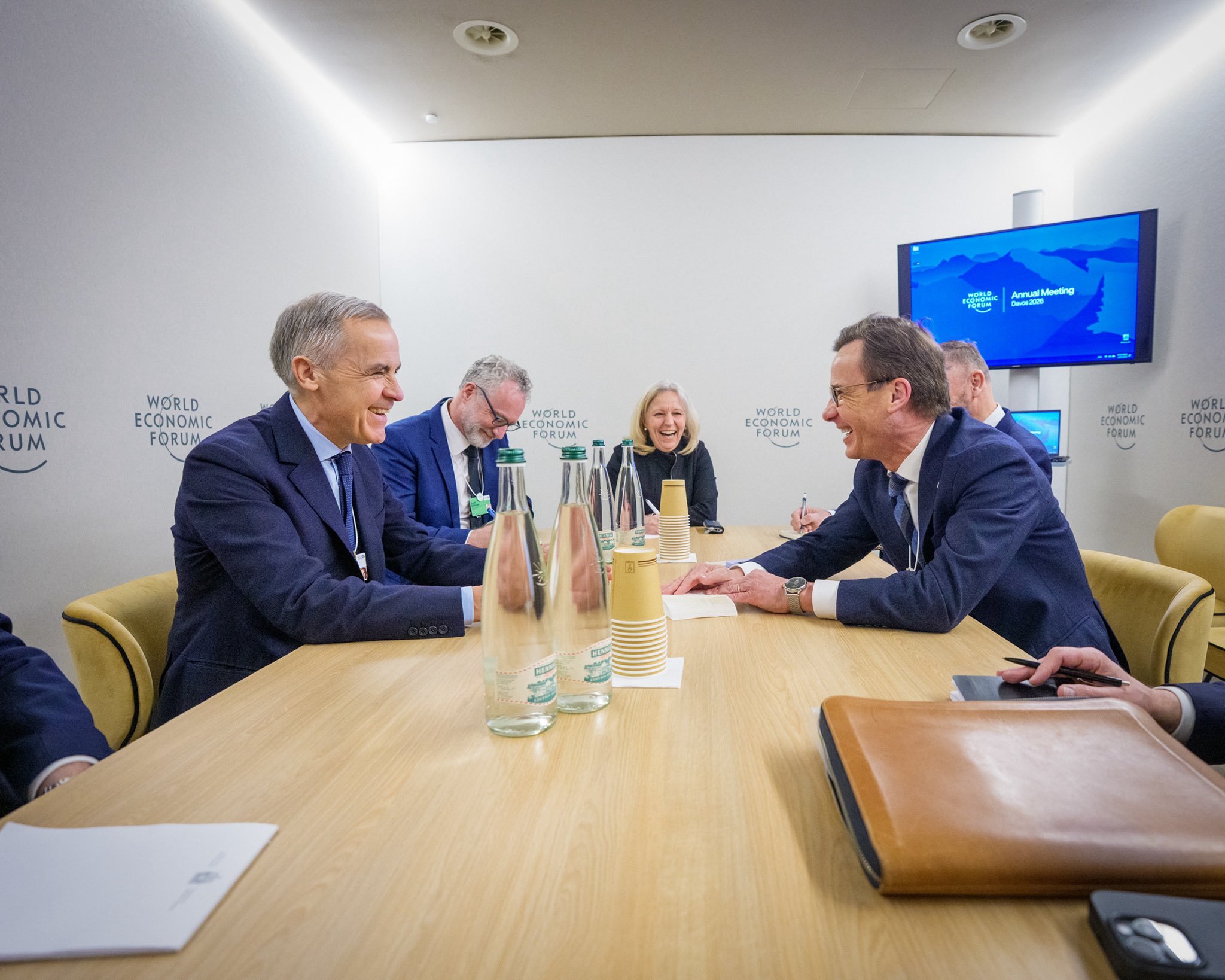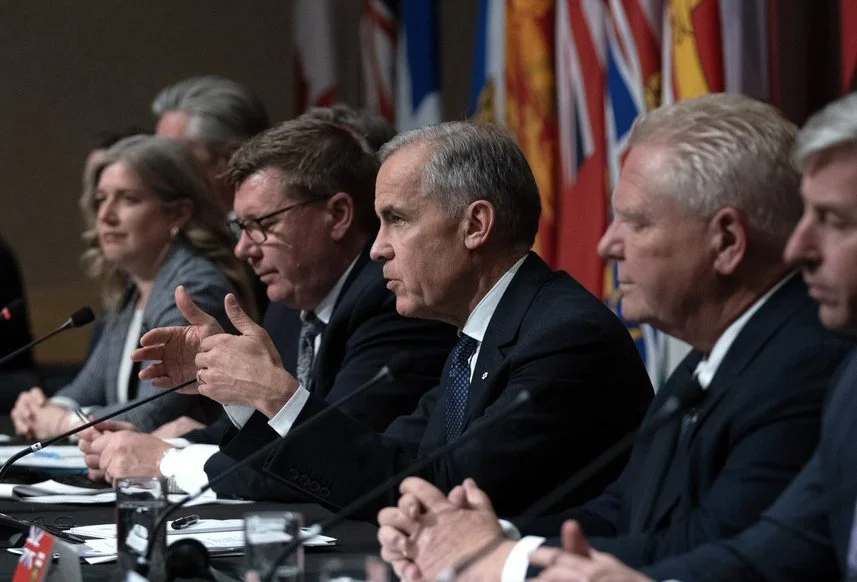There is no free lunch on sovereignty
Fiscal experts say Ottawa will need to be transparent with Canadians in its fall budget to justify a shift in spending from programs toward defence and infrastructure, The Canadian Press reports.
Prime Minister Mark Carney’s government is expected to table the annual budget as early as next month, following a truncated spring session in which measures including a one-percentage point income tax cut and plans to increase military investment were announced.
Sahir Khan, vice-president of the Institute of Fiscal Studies and Democracy at the University of Ottawa, said the budget “will offer Canadians their first look at how the trade war has affected the federal government's outlook for the economy and its own revenue” and is a chance for Carney to explain “that reorienting Canada's economy away from the United States will come at a cost.”
Khan added: “There's a cost to sovereignty … the cost of being independent as a country in that context. And it's not free.”
Economists warn the federal deficit could surpass $70 billion this year, with Alexandre Laurin of the C.D. Howe Institute noting deficits above $60 billion are likely in the coming years as Ottawa invests heavily in infrastructure and defence. Carney has described the budget approach as “spend less” and “invest more,” emphasizing a split between capital and operational spending, though Laurin warned the distinction could be “arbitrary” and “too fuzzy” to be meaningful.
Experts told The Canadian Press that while credit rating agencies are unlikely to be alarmed by the accounting changes, Canadians will expect “a fair bit of rigour” and transparency in Carney’s first budget, according to Randall Bartlett, deputy chief economist at Desjardins.





